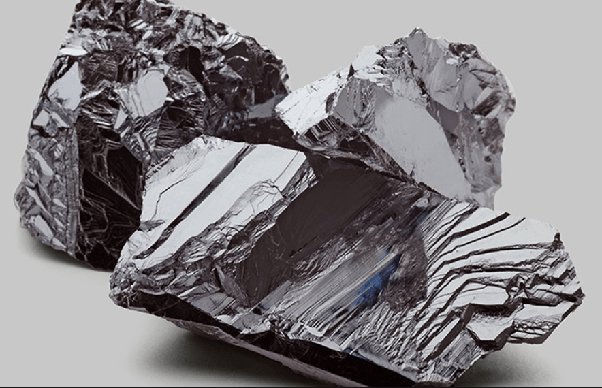The 3 Main Questions You Need to Ask When Buying Manganese Ore from South Africa
The 3 Main Questions You Need to Ask When Buying Manganese Ore from South Africa
The global manganese market is currently going through a period of transformation. Due to supply constraints and rising demand from end users, prices have increased significantly over the last two years. As a result, miners and suppliers are placing renewed focus on the production of high-quality manganese ore. To help you get the most out of your next manganese ore purchase, we’ve outlined some of the key considerations when sourcing from South Africa. Keep reading to learn more about the three main questions you need to ask when buying manganese ore from South Africa:
What does ‘screening threshold’ mean?
When buying manganese ore from South Africa, it’s important to clarify screening threshold. This is the minimum level below which the ore will not pass through the screen. It’s also known as the retention level, and is often expressed as a percentage. When manganese ore is exported, it must first pass through a series of screens. The screens act as sieves with different-sized holes. The ore is then separated into different grades based on its particle size. The ore with a smaller particle size typically has a higher grade. The ore’s grade is important because it influences the price you’ll pay for it. It also determines the amount of impurities there are in the ore. If the ore has impurities, it may need to be processed further, which adds costs and increases the risk of contamination. To avoid this, it’s important to clarify the screening threshold for your manganese ore. This will give you an idea of what size particle the ore will be separated into.
How much should you pay for Fe% and Mn%?
When sourcing manganese ore from South Africa, it’s important to understand the Fe% and Mn% of the ore. These figures indicate the percentage of iron and manganese contained in the ore. They’re often described as the blend, grade, or composition of the ore. When buying manganese ore, the Fe% and Mn% will determine the price you pay for the ore. The Fe% is indicative of the amount of iron contained in the ore, while the Mn% indicates the percentage of manganese contained in the ore. Although the Fe% and Mn% are important figures to consider when sourcing ore, they don’t tell the full story. It’s also important to look at the other impurities contained in the ore. These include silica, iron, and pyrites. Silica can cause issues during processing, while iron can react with manganese during the production process. Pyrites are sulphide minerals that can create hydrogen sulphide when processed. The impurities contained in the ore will affect the grade and price of the final product.
Which certification(s) is most important to you?
When buying manganese ore, it’s important to understand the different certifications available. These include the South African Bureau of Standards, the International Organization for Standardization, and the Responsible Mining Initiative. These organizations set industry standards for sustainability and the environment. When sourcing ore from South Africa, it’s important to clarify the standards it conforms to. This will help you identify the grade of the ore and the impurities contained in it. It will also help you make sure the ore is compliant with the standards you require. This will ensure you receive high-quality ore that’s free from contamination.
Conclusion
Manganese ore is a key mineral used in many industries. It’s also relatively easy to source, making it a great investment opportunity. Before you buy ore, though, it’s important to clarify its grade and impurities. It’s also wise to ask where the ore is currently sourced from. This will help you understand the supply chain, and make better purchasing decisions. Ultimately, the three main questions to ask when buying manganese ore are grade, impurities, and certifications. When sourcing ore, it’s important to consider these factors. This will help you source high-quality ore that’s compliant with the standards you require.








LEAVE A COMMENT
You must be logged in to post a comment.